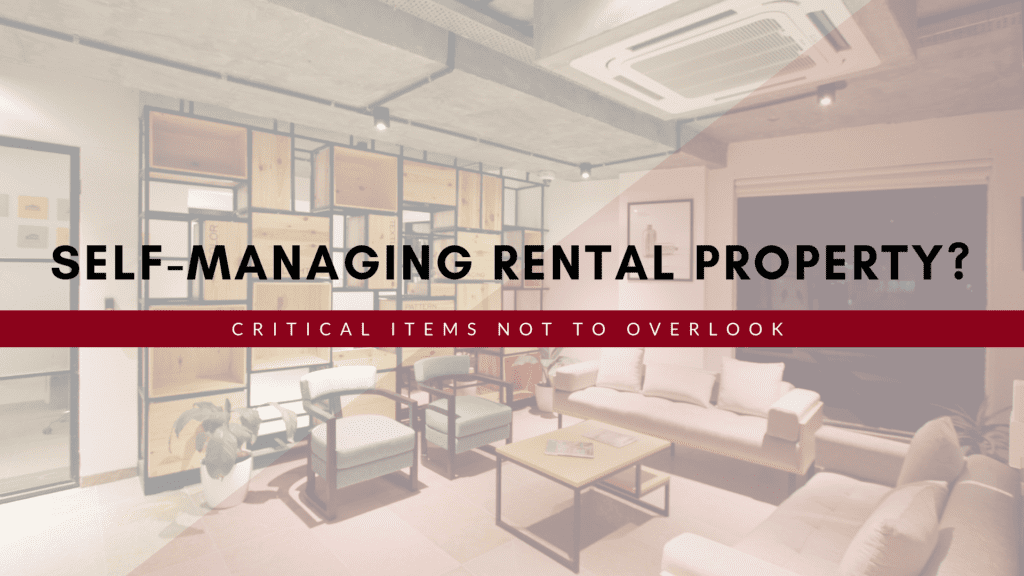
There is A LOT to know when being a landlord. The RL Property Management team has several decades worth of “landlording” experience in-house. In most situations, we know the “best practice” approach, mostly due to training but also learned from mistakes made in the past.
On the face of it, managing one, a handful or even a couple dozen rental properties can seem trivial. The problem is, managing property is rife with caveats and illogical rules of thumb. The longer you manage and the more properties under management, the more likely you will encounter issues you did not expect.
Below we share just 5 of many items worth considering before tackling management on your own:
1) Renter’s insurance. We require all residents to carry renter’s insurance and are set up to be notified by the insurance company if they cancel. You’ll want to contact the insurance company (info attached) and request to be added as an “additional interested party” so that you can be notified if their policy lapses or is cancelled. This is important because in the case of tenant negligence (such as a fire started by a candle or an overflowing bathtub that causes water damage), you are able to file a claim on their policy instead of your own.
2) Water. The tenant is set up on a “Tenant Direct Water Billing ” agreement (TDBA) with the City of Columbus (attached). The tenants receive the water bill directly and are supposed to pay it to the city. You’ll need to contact the city and switch the notifications to whatever address you prefer so that you can know if they fall behind and take appropriate action. You will also need to do a final water meter reading the day they move out and submit that reading to the city so they can calculate and issue the final water bill to the tenant. They are often very slow about this so you’ll want to stay on top of them or you’ll end up stuck paying the final bill yourself (city water bills revert to the owner if unpaid).
3) Online payments. The tenants are currently paying rent online. You’ll probably want to make arrangements for them to continue to do that. You can set up Chase Quickpay or another similar system, or you could get Buildium or another property management software set up.
4) Security deposits. We currently hold the security deposit in a non-interest bearing trust account as required by Ohio law. You’ll want to get set up with something similar. When this tenant moves out, you’ll need to conduct a thorough move-out inspection and compare to the move-in condition for assessing security deposit deductions. The Ohio court system is funny about security deposits and there are a lot of ins and outs about what you can deduct, what must be pro-rated based on useful life, how you must break out the deductions and when you must send out the report/breakdown along with the check. I can explain this in more detail if you want, but if there is a mistake the tenant can sue for double damages so be careful. I made a video covering the basics if you want to check it out: https://www.youtube.com/watch?v=c-_7-6l3EV8
5) Rental Registration. Franklin County requires all landlords to register with the County. They recently doubled the fee for noncompliance. You’ll want to contact them and get your information updated.
If you are looking for a property management team that has several decades of experience dealing with nothing but property management including the issues described above, do not hesitate to reach out to RL Property Management Group. Contact Us Here.
RL Property Management Group, the only property management company in Columbus started and run by engineers. Our clients enjoy a premium property management experience without paying a premium price. RL Property Management is designed to provide our clients reliability and performance.
